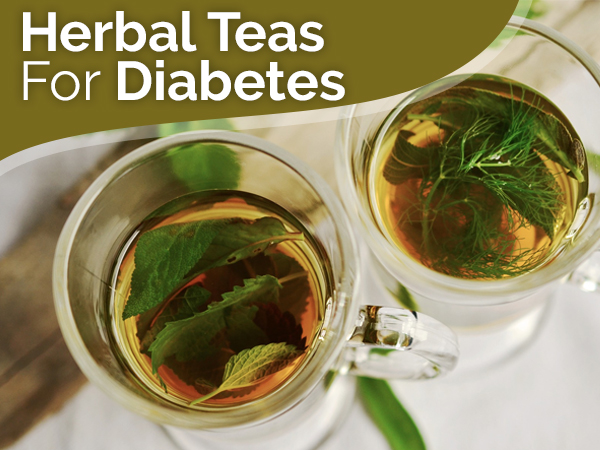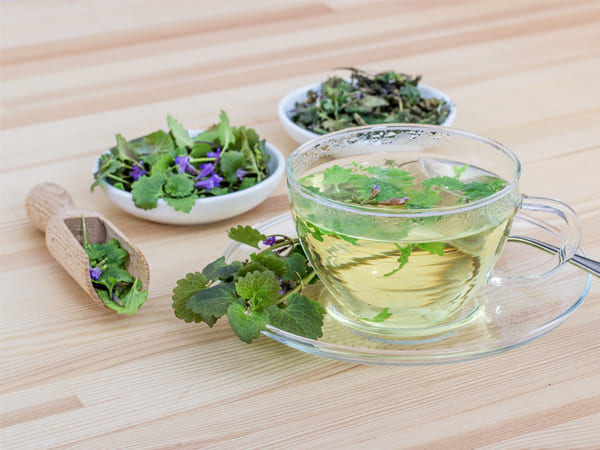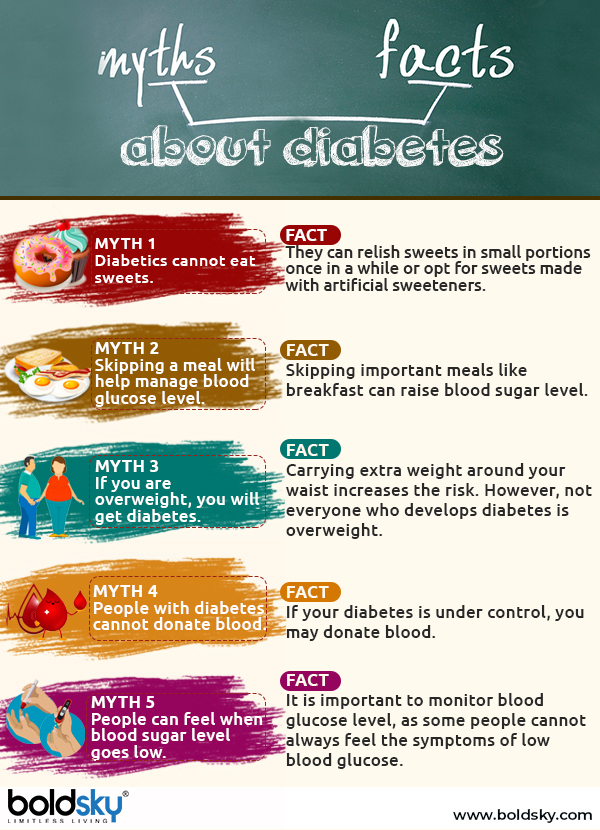Just In
- 2 hrs ago

- 4 hrs ago

- 7 hrs ago

- 11 hrs ago

Don't Miss
- News
 The 2024 Lok Sabha Elections: Tamil Cinema's Tryst with Democracy
The 2024 Lok Sabha Elections: Tamil Cinema's Tryst with Democracy - Movies
 Salman Khan Case: Actor Arrives In 'X' Cr Car At Airport With Tight Security Days After House Firing Incident
Salman Khan Case: Actor Arrives In 'X' Cr Car At Airport With Tight Security Days After House Firing Incident - Finance
 Closing Bell: Market Stages Smart Recovery, Sensex & Nifty Snap 4-Day Losing Streak Led By HDFC Bank
Closing Bell: Market Stages Smart Recovery, Sensex & Nifty Snap 4-Day Losing Streak Led By HDFC Bank - Sports
 DC vs SRH, IPL 2024: Will David Warner play against Sunrisers Hyderabad?
DC vs SRH, IPL 2024: Will David Warner play against Sunrisers Hyderabad? - Automobiles
 Tata Motors To Manufacture Jaguar Land Rover Cars In Billion Dollar TN Plant - Report
Tata Motors To Manufacture Jaguar Land Rover Cars In Billion Dollar TN Plant - Report - Technology
 OnePlus Ace 3 Pro Leak Hints at New Design; Expected Launch, Specifications We Know So Far
OnePlus Ace 3 Pro Leak Hints at New Design; Expected Launch, Specifications We Know So Far - Travel
 Journey From Delhi To Ooty: Top Transport Options And Attractions
Journey From Delhi To Ooty: Top Transport Options And Attractions - Education
 IIIT-Bangalore Introduces PG Diploma In Digital Product Design And Management
IIIT-Bangalore Introduces PG Diploma In Digital Product Design And Management
8 Herbal Teas To Help Manage Diabetes
Diabetes is a condition that causes high blood sugar levels in blood. Apart from medication, doctors prescribe to follow a healthy lifestyle to keep this condition under control. There are many who live a healthy life for years even with diabetes, simply with slight modifications to their regular eating and drinking habits.

Patients are mostly advised to cut down sugar, refined carbohydrates, saturated and trans fats from their diet and switch to whole wheat. However, there are a few herbal teas that have shown exemplary effects on keeping the symptoms of diabetes in check. Herb brewed in water, is called herbal tea in simpler terms.
Incorporating a cup or two of chosen herbs in your daily brews will aid in controlling blood glucose levels. Nevertheless, always remember to consult your doctor before you start drinking any sort of herbal tea.
Here is a list of 8 magical herbal teas that can help manage blood sugar level naturally:
1. Ginseng Tea
Ginseng tends to slow down carbohydrate absorption and increases insulin secretion from the pancreas. It is advisable to have a cup every morning to keep the blood glucose level in check. It is always better to consume it fresh, instead of taking it in the powder or tablet form [1] .
2. Bilberry Tea
Bilberry extract is not recognised as a standard diabetes treatment, however, this helps in lowering blood glucose level [2] . Add 1 to 3 teaspoons of bilberry to a cup of boiling water. Let the mixture to steep for 10 to 15 minutes for best results.

3. Aloe Vera Tea
It has long been used as herbal medicine to treat and manage most health conditions. Research has shown that aloe vera could be helpful in fighting signs of type 2 diabetes and reduce fasting plasma glucose levels in the ones who show symptoms of prediabetes [3] . Add 1 teaspoon of aloe vera jelly to the cup of brewed black, herbal or green tea. You can also buy pre-mixed aloe vera teas available in the market.
4. Sage Tea
Sage has been proven to boost insulin activity in diabetics [4] . Pour a cupful of sage leaves in boiling water and strain the water well before drinking it.

Source: [10]
5. Green Tea
It has great effects on blood pressure and reduces LDL cholesterol levels. Some researches have shown that consuming up to 6 cups of green tea daily may lower the risk of type 2 diabetes [5] . Nonetheless, more research needs to be done before the findings can be established with certainty. You should avoid any sweetener, instead add a few drops of lemon juice. You can also give Earl Grey and jasmine green tea a try [6] .

6. Fenugreek Tea
This aromatic plant has medicinal and culinary usage. Apart from being a popular cooking ingredient, it has always been used in both Ayurvedic and Chinese medicine. It is high in soluble fibre that reduces blood sugar by slowing down digestion and absorption of carbohydrate.
Several clinical trials showed that fenugreek seeds can improve most metabolic symptoms associated with both type 1 and type 2 diabetes in humans by lowering blood glucose levels and improving glucose tolerance. They are also rich in antioxidants, vitamins and minerals [7] .
7. Dandelion Tea
The roots and leaves of this Chinese herb have been used over the years for its medicinal and health benefits. Dandelion contains bioactive components with potential antidiabetic properties. Studies have shown that consumption of dandelion leaf and root powder have significantly reduced the blood sugar level in type 2 diabetes [8] .
8. Oolong Tea
The level of caffeine in this popular Chinese tea can help people with type 2 diabetes reduce blood sugar [9] . Use 2 teaspoons of oolong leaves in a cup of hot water and let it steep from 1 to 5 minutes. Avoid using boiling water to make this herbal brew.
- [1] Ota, A., & Ulrih, N. P. (2017). An Overview of Herbal Products and Secondary Metabolites Used for Management of Type Two Diabetes.Frontiers in pharmacology,8, 436.
- [2] Bljajić, K., Petlevski, R., Vujić, L., Čačić, A., Šoštarić, N., Jablan, J., … Zovko Končić, M. (2017). Chemical Composition, Antioxidant and α-Glucosidase-Inhibiting Activities of the Aqueous and Hydroethanolic Extracts of Vaccinium myrtillus Leaves.Molecules (Basel, Switzerland),22(5), 703.
- [3] Taukoorah, U., & Mahomoodally, M. F. (2016). Crude Aloe vera Gel Shows Antioxidant Propensities and Inhibits Pancreatic Lipase and Glucose Movement In Vitro.Advances in pharmacological sciences,2016, 3720850.
- [4] Ghorbani, A., & Esmaeilizadeh, M. (2017). Pharmacological properties ofSalvia officinalisand its components.Journal of traditional and complementary medicine,7(4), 433–440.
- [5] Iso H, Date C, Wakai K, Fukui M, Tamakoshi A, and the JACC Study Group*. The Relationship between Green Tea and Total Caffeine Intake and Risk for Self-Reported Type 2 Diabetes among Japanese Adults. Ann Intern Med. 2006;144:554–562.
- [6] Chen, Z. M., & Lin, Z. (2015). Tea and human health: biomedical functions of tea active components and current issues.Journal of Zhejiang University. Science. B,16(2), 87–102.
- [7] Srivastava, G., & Kayastha, A. M. (2014). Β-amylase from starchless seeds of Trigonella foenum-graecum and its localization in germinating seeds.PloS one,9(2), e88697.
- [8] Wirngo, F. E., Lambert, M. N., & Jeppesen, P. B. (2016). The Physiological Effects of Dandelion (Taraxacum Officinale) in Type 2 Diabetes.The review of diabetic studies : RDS,13(2-3), 113–131.
- [9] Chang, C. L., Lin, Y., Bartolome, A. P., Chen, Y. C., Chiu, S. C., & Yang, W. C. (2013). Herbal therapies for type 2 diabetes mellitus: chemistry, biology, and potential application of selected plants and compounds.Evidence-based complementary and alternative medicine : eCAM,2013, 378657.
- [10] https://parade.com/617208/parade/can-people-with-diabetes-eat-sweets-3-diabetes-myths-debunked
-
 wellnessThe 4 Best Herbal Teas For Increased Libido
wellnessThe 4 Best Herbal Teas For Increased Libido -
 wellnessHealthy Raksha Bandhan Gifts For Your Siblings That Won't Burn A Hole In Your Pocket!
wellnessHealthy Raksha Bandhan Gifts For Your Siblings That Won't Burn A Hole In Your Pocket! -
 wellness12 Healthy And Hot Beverages For Monsoon
wellness12 Healthy And Hot Beverages For Monsoon -
 wellness7 Healthy And Cooling Herbal Iced Teas For Summer With Recipes
wellness7 Healthy And Cooling Herbal Iced Teas For Summer With Recipes -
 prenatalIs It Safe To Consume Peppermint Tea During Pregnancy?
prenatalIs It Safe To Consume Peppermint Tea During Pregnancy? -
 wellness7 Herbal Teas That Can Help Ease Constipation
wellness7 Herbal Teas That Can Help Ease Constipation -
 wellness8 Bedtime Teas That Help You Sleep Better
wellness8 Bedtime Teas That Help You Sleep Better -
 nutritionInternational Tea Day 2020: 11 Proven Health Benefits Of Honeybush Tea
nutritionInternational Tea Day 2020: 11 Proven Health Benefits Of Honeybush Tea -
 wellnessWhat Is Ballerina Tea? Its Benefits And Side Effects
wellnessWhat Is Ballerina Tea? Its Benefits And Side Effects -
 wellnessWhat Is Solomon's Seal? Its Benefits, Side Effects And Recipes
wellnessWhat Is Solomon's Seal? Its Benefits, Side Effects And Recipes -
 disorders cure9 Best Teas That Combat Insomnia
disorders cure9 Best Teas That Combat Insomnia -
 disorders cure11 Home Remedies For Burning Sensation In The Stomach
disorders cure11 Home Remedies For Burning Sensation In The Stomach


 Click it and Unblock the Notifications
Click it and Unblock the Notifications



